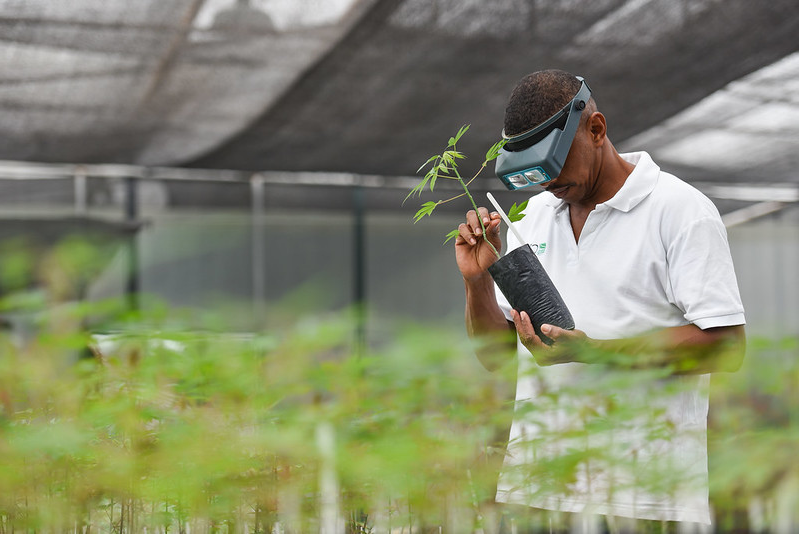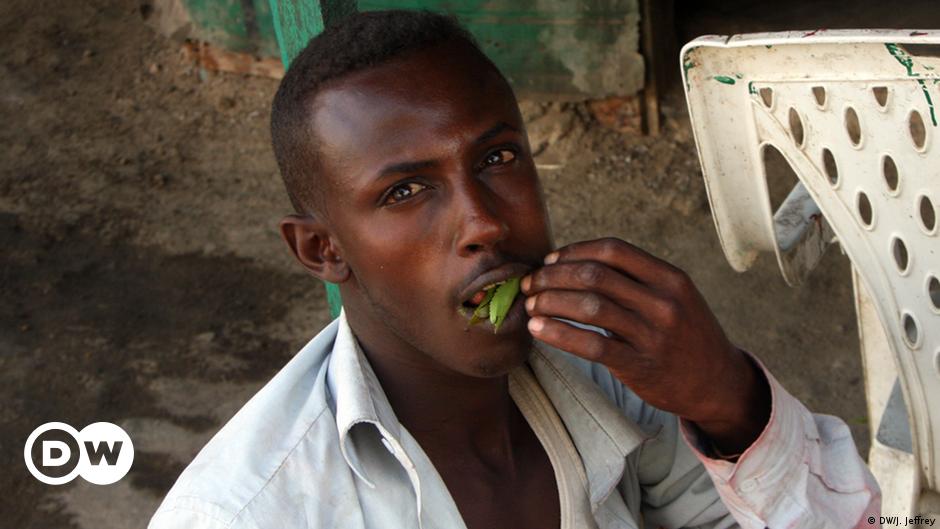(Kampala) – Uganda’s grain milling sector is pushing back against a directive from the Uganda Bureau of Standards (UNBS) that asks millers to be fully responsible for the quality standards of grains. The millers argue that enforcing these standards from the farm level onward is a responsibility better suited to government agencies, particularly the Ministry of Agriculture, Animal Industry, and Fisheries, due to their broader oversight capabilities.
Millers assert they lack the means to monitor farmers’ methods, which often involve basic drying and storage practices, making it challenging for millers to guarantee grain quality independently. Godfrey Sempijja of Mazima Millers emphasized that millers only process what is available in the market and urged government bodies to implement stronger control measures across the value chain.
This response follows the government’s recent requirement that, starting in August 2024 for government supply and January 2025 for schools, all grain supplies must be sourced from certified companies. UNBS has noted that despite ongoing efforts to align Ugandan grain standards with national and international requirements, significant quality gaps remain.
UNBS Standards Officer Awath Aburu explained that UNBS’s primary role is to ensure all grain products meet market standards without exceptions. Aburu highlighted the need for secure storage of raw materials to prevent contamination and moisture buildup, both of which can impact grain safety. Citing health concerns raised in Kenya due to aflatoxins, he stressed that neighboring markets are vigilant about the quality of grain products sourced from Uganda.
| Grain Standard Requirements | Details |
|---|---|
| Certification for government supplies | Mandatory from August 2024 |
| Certification for school supplies | Required from January 2025 |
| Storage requirements | Protection from contamination and moisture |
| Labelling standards | Unique branding, expiry dates, moisture content |
Additionally, Aburu highlighted ongoing issues with labelling standards among millers, pointing out that products must feature unique brand names, include manufacturing and expiration dates, and detail contents and moisture levels.
Richard Serwadda, Chairperson of the Rubaga Grain Millers Association, commended UNBS for fostering a cooperative relationship with the private sector, a marked improvement from previous years. However, he criticized the decision to place the burden of quality control on millers, suggesting the government take a more active role, as it has done in regulating Uganda’s coffee sector.
Serwadda questioned why Kenya has been able to monitor high-moisture grain before processing, while similar oversight in Uganda has fallen short. Millers instead urged the government to establish better controls to secure quality from the farm stage through to processing.




















